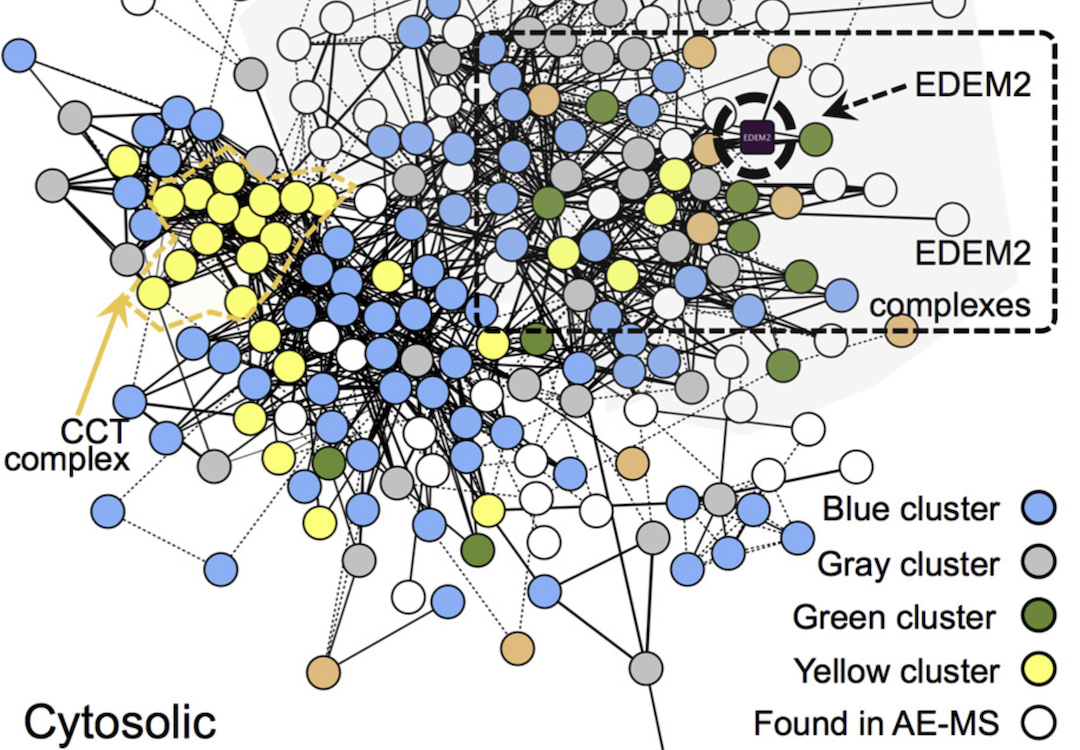
The Applied Proteomics and Interactomics group focus on developing mass spectrometry-based omics technologies for biomolecular research under the IBAR service facility for chromatography and mass spectrometry analysis (Protein Chemistry Facility - PCF) performing protein, peptide, proteome and subproteome analysis. The facility was established in 2012 by a EU funded grant PROCERA (POSCCE-A2-O2.2.1-2009-4) in the Department of Bioinformatics and Structural Biochemistry (IBAR-DBSB).
Its main research topics are closely related with the focus-area of other groups and departments of IBAR: proteome and subproteome characterization in melanoma, protein-protein interactions in biological systems, co- and post-translational modification analysis with a special focus on glycosylation, imunopeptidome investigation, identification of specific protein interactors. Another priority is the study of protein phosphorylation, a dynamic process that implies the complementary activities of protein kinases and protein phosphatases. Mass spectrometric analysis of the samples implies the use of CID, HCD and ETD fragmentation methods. Data analysis and interpretation of results is made using Thermo Scientific™ Proteome Discoverer™ software. For phosphosite localization, besides the automated analysis (PhosphoRS Node in Proteome Discoverer) a manual inspection of the raw tandem mass spectra of the peptide is often made.
As a service unit the facility can provide the following methods of analysis:
Musculoskeletal disorders affect 1 in 7 people and fractures alone affect 1 in 50 people annually while 10% of bone injuries fail to heal. Our present proposal aims to test for the first time the potential of fibroblast growth factor-2 (FGF2), to be administered as a stimulatory drug to enhance bone regeneration.
This project aims to develop new strategies to improve the capacity of antigen presenting tumor cells to activate cytotoxic T cells and hamper immune escape mechanisms in cancer.